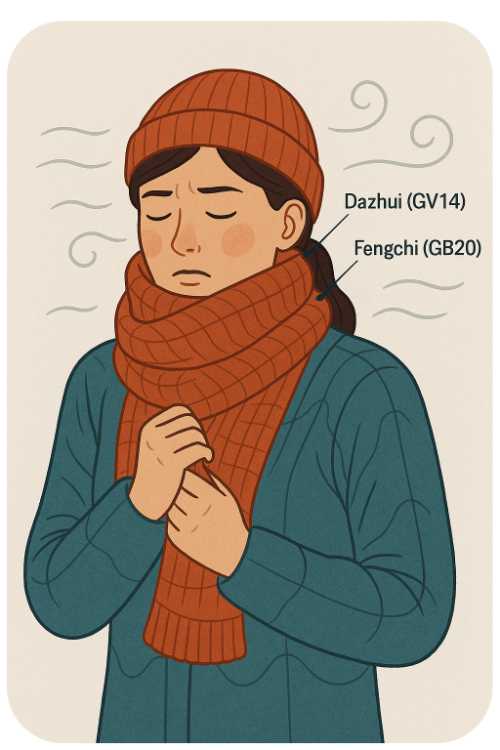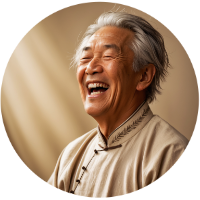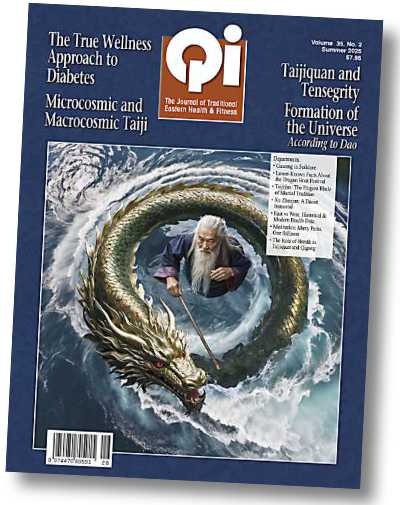Can You ‘Catch Cold’ from Cold Weather?
 We’ve all heard it: “Put on a jacket or you’ll catch a cold!” It’ssomething your grandma said, your mom repeated, and maybe you’re even saying it now. But is it actually true?
We’ve all heard it: “Put on a jacket or you’ll catch a cold!” It’ssomething your grandma said, your mom repeated, and maybe you’re even saying it now. But is it actually true?
Well, yes—and no.
From a Western medical perspective, colds are caused by viruses, not temperature. You don’t get sick just because it’s chilly outside. But cold weather can play a supporting role, and interestingly, Traditional Chinese Medicine (TCM) agrees.
In TCM, many external illnesses—like the common cold—are said to begin when “external evil qi” (邪气) invades the body. The most common of these evils is wind, often paired with cold (风寒). These two sneak in through vulnerable areas like the back of the neck, especially when we’re run down or not dressed properly for the weather. That’s why Chinese elders so often remind you to keep your neck and lower back covered, especially in winter or when you're sweaty after exercise.
Cold, Viruses, and Vulnerability
- A study from Yale University (2015) found that cooler nasal temperatures reduce immune responses to rhinoviruses, making it easier to “catch” a cold.
- Cold air dries out the nasal passages, impairing mucus function—your first line of defense.
- TCM texts as early as the Han dynasty warned of wind-cold invasion through the back of the neck and recommended seasonal dietary adjustments.
- Covering the Dazhui (GV14) and Fengchi (GB20) acupoints with a scarf is still considered a smart winter habit in Chinese medicine.
In modern science, this idea has a surprising echo. Several studies show that colder air can constrict blood vessels in the nose, reducing your natural immune defense. Low temperatures also encourage people to stay indoors—where ventilation is poor and viruses spread more easily.
So, while cold weather doesn’t create viruses, it does make us more susceptible. And if your body’s internal balance is off—say you’re tired, under stress, or have a poor diet—your defenses may be too weak to fight off a virus that’s been lurking in the environment or on your hands.
TCM would say your wei qi (卫气), or defensive energy, isn’t strong enough. This qi circulates at the surface of the body, protecting you from environmental factors like wind, damp, and cold. If your wei qi is robust, you’re far less likely to be affected by chilly winds or seasonal changes.
That’s why yangsheng (养生)—nourishing life—is all about prevention. It encourages practical habits like wearing scarves, avoiding icy drinks, and eating warm, cooked foods in winter. Think ginger tea, congee, and soup—not smoothies and salads when it's snowing outside.
So no, cold weather isn’t the villain—but it does set the stage. A draft on the neck or wet socks might be the final push when your body’s already on the edge. In that way, grandma wasn’t wrong after all.









